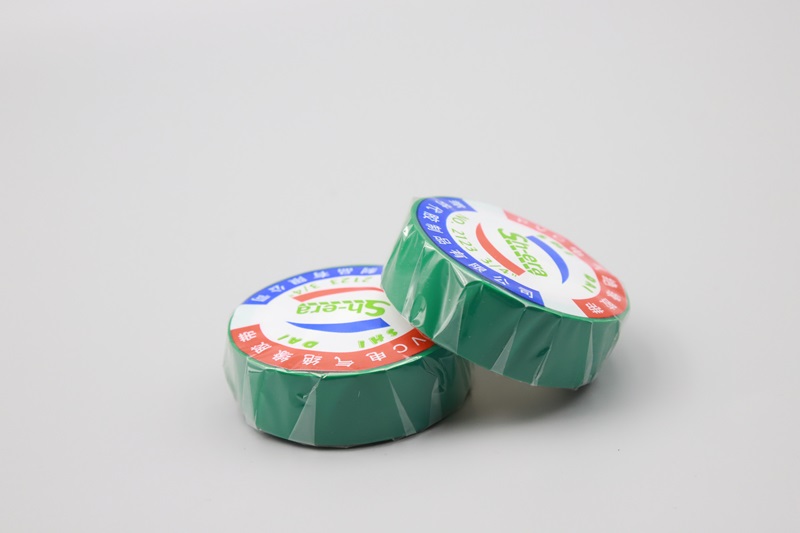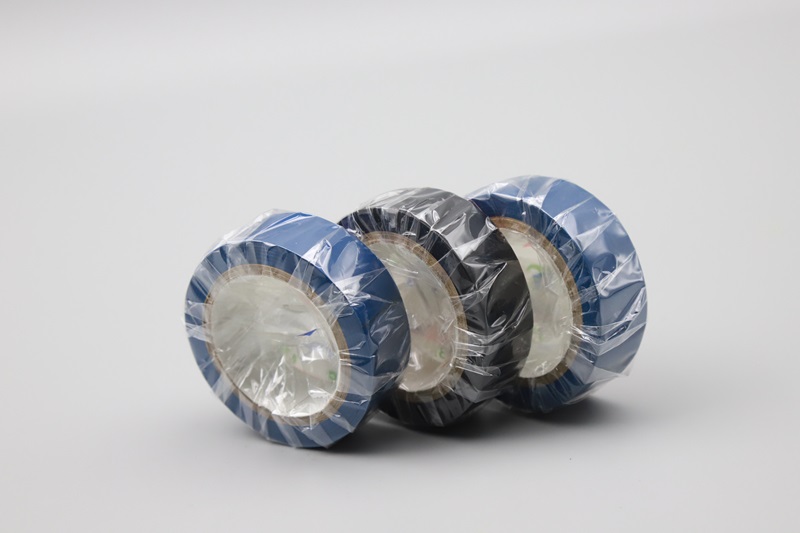When it comes to electrical work, one of the most frequently asked questions is, “What tape should I use for insulation?” The answer often points to a versatile and widely used product: PVC insulation tape. This article delves into the specifics of insulation tape, particularly PVC insulation tape, and addresses whether insulation tape can keep heat in.
What is Insulation Tape?
Insulation tape, also known as electrical tape, is a type of pressure-sensitive tape used to insulate electrical wires and other materials that conduct electricity. Its primary function is to prevent electrical currents from accidentally passing to other wires, which could cause short circuits or electrical fires. Insulation tape is typically made from materials like vinyl (PVC), rubber, or fiberglass cloth.
Why PVC Insulation Tape?
PVC (Polyvinyl Chloride) insulation tape is one of the most popular choices for electrical insulation. Here are some reasons why:
Durability: PVC insulation tape is known for its robustness and long-lasting properties. It can withstand wear and tear, making it ideal for both indoor and outdoor applications.
Flexibility: This tape is highly flexible, allowing it to wrap around wires and other irregularly shaped objects with ease.
Heat Resistance: PVC insulation tape can endure a wide range of temperatures, typically from -18°C to 105°C (-0.4°F to 221°F). This makes it suitable for various environments, including those with fluctuating temperatures.
Electrical Insulation: PVC tape provides excellent electrical insulation, preventing electrical currents from leaking and ensuring the safety of electrical systems.
Water and Chemical Resistance: PVC insulation tape is resistant to water, oils, acids, and other chemicals, making it suitable for use in harsh conditions.


What Tape Should I Use for Insulation?
When choosing insulation tape, consider the following factors:
Material: PVC insulation tape is generally recommended for most electrical insulation tasks due to its durability, flexibility, and resistance to heat and chemicals.
Temperature Range: Ensure the tape can withstand the temperature range of your specific application. PVC insulation tape typically covers a broad range, making it a versatile choice.
Thickness and Adhesion: The tape should be thick enough to provide adequate insulation and have strong adhesive properties to stay in place over time.
Color Coding: For complex electrical systems, using color-coded PVC insulation tape can help identify different wires and connections, enhancing safety and organization.
Does Insulation Tape Keep Heat In?
While PVC insulation tape is excellent for electrical insulation, its primary function is not to keep heat in. However, it does offer some thermal insulation properties due to its material composition. PVC insulation tape can help maintain the temperature of the insulated wires by preventing heat loss to some extent, but it is not designed to be a thermal insulator like foam or fiberglass insulation.
For applications where retaining heat is crucial, such as in HVAC systems or thermal insulation of pipes, specialized thermal insulation materials should be used. These materials are specifically designed to minimize heat transfer and maintain desired temperatures.
Conclusion
PVC insulation tape is a reliable and versatile choice for electrical insulation, offering durability, flexibility, and resistance to heat and chemicals. While it provides some thermal insulation, its primary function is to ensure electrical safety by preventing current leakage and short circuits. When selecting insulation tape, consider the specific requirements of your application to ensure optimal performance and safety. For tasks requiring significant heat retention, look for specialized thermal insulation materials designed for that purpose.
Post time: Sep-24-2024




